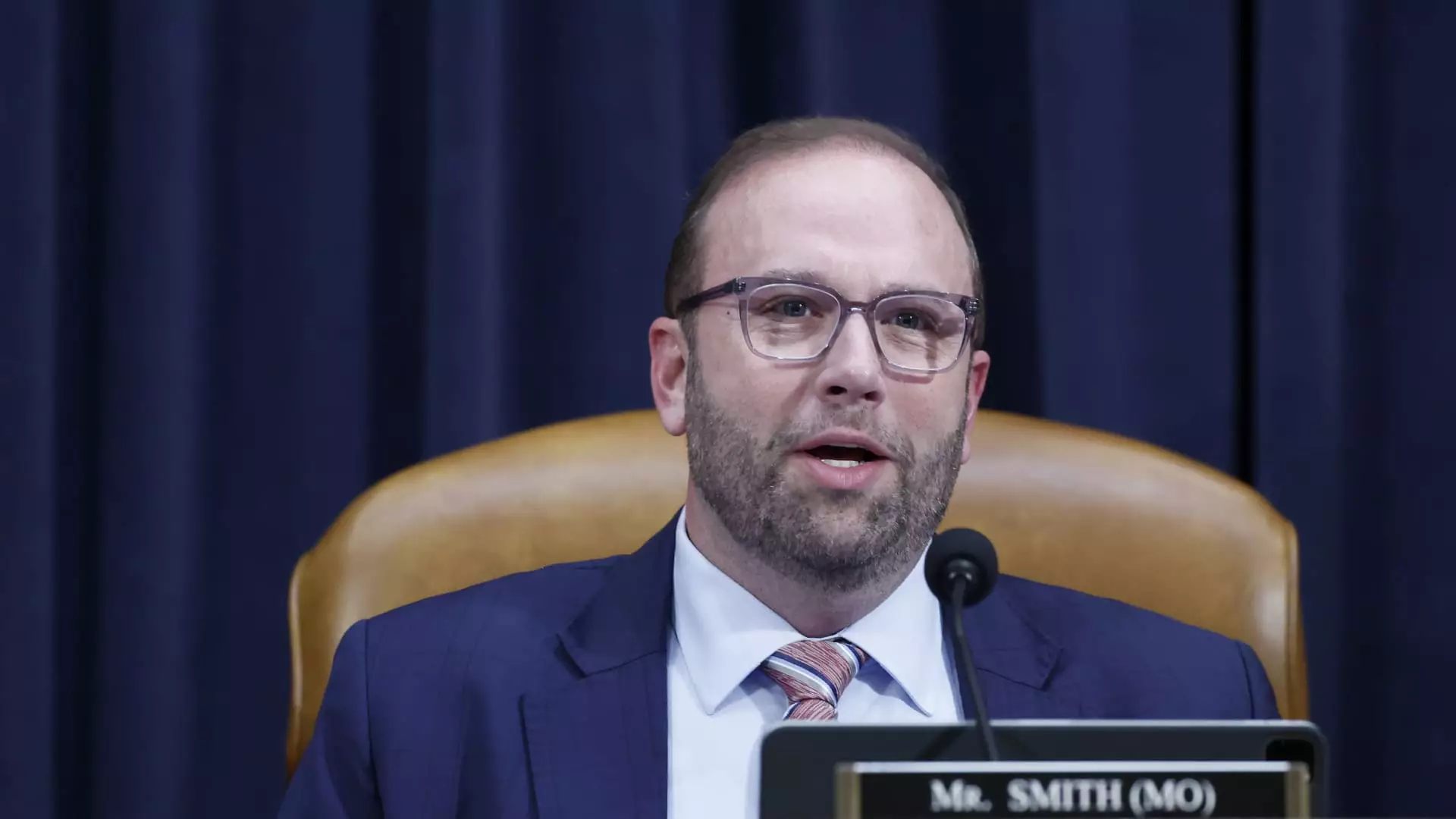As the political landscape shifts and a new administration prepares to take charge, the focus on tax reform becomes increasingly urgent. With President-elect Donald Trump poised to assume office, House Republicans are rallying behind the idea of extending the provisions from the Tax Cuts and Jobs Act (TCJA) of 2017. This urgency is driven by the looming expiration of various tax benefits which, if not addressed, could significantly affect American taxpayers as they approach the year 2026.
There’s a palpable sense of urgency among lawmakers, particularly GOP members, as many aspects of the TCJA are set to phase out in a couple of years. Among these are crucial tax reductions, such as lower tax brackets and enhanced child tax credits, as well as a substantial 20% deduction for pass-through businesses. Should Congress fail to act, estimates suggest that over 60% of taxpayers could face substantial tax hikes once these provisions expire. Such a scenario raises immediate concerns for families and small businesses alike, prompting urgent calls for legislative action.
House Ways and Means Committee Chairman Jason Smith has emphasized the necessity of timely action by Congress to secure tax relief for families. This sentiment echoes throughout the Republican majority, who believe that it is imperative not to delay providing essential tax breaks as debates over fiscal responsibility and budget deficits intensify.
The Republican party, emboldened by its control over both Congress and the White House, can leverage a legislative procedure known as reconciliation. This route allows the GOP to push through tax reforms while bypassing potential filibusters, resultant from united opposition in the Senate. There is a strong push from party leaders, particularly Smith, for the swift establishment of permanent tax cuts.
However, the effort to extend these provisions is not without its critics. Bipartisan apprehension lurks regarding the potential fiscal implications of extending the expiring tax cuts. Concerns about the federal budget deficit loom large over discussions. The Treasury Department recently revealed a staggering fiscal year 2025 deficit, which surged to $710.9 billion—a figure notably higher than the previous year’s deficit for the same period. Such alarming statistics intensify scrutiny over the long-term sustainability of an expansive tax cut strategy.
Democratic lawmakers have raised significant concerns regarding the disproportionate benefits of the tax cuts, arguing that the TCJA primarily favored the wealthy at the expense of middle-class families. Richard Neal, a leading Democrat on the House Ways and Means Committee, articulated this viewpoint succinctly, reminding his colleagues that many low- and middle-income households continue to feel the strain of the existing tax structure. This pervasive inequality in tax relief reveals a fundamental divide in how policymakers view fiscal responsibility and its ramifications for diverse socioeconomic groups.
Analyses estimate that fully extending Trump’s expiring tax provisions could incur a monumental cost of around $4.2 trillion spread over a decade. While the average American family might see a moderate relief of approximately $2,000 annually, the wealthiest 0.1% would benefit significantly more, enjoying an average tax reduction of around $314,000. Such disparities highlight the intricate balance that Congress must navigate between providing tax relief and ensuring equitable fiscal policy.
As discussions regarding tax legislation heat up, the dynamics within Congress will play a pivotal role in shaping the final outcome. Lawmakers must grapple with the dual imperatives of providing immediate financial relief for families while also addressing the long-term ramifications for the federal budget and taxpayer equity.
The resolution of these debates over the future of tax policy will undoubtedly set the tone for economic growth and stability in the years to come. As the deadline for action approaches, only time will tell whether Congress can unite on a path forward that effectively balances fiscal responsibility with social equity in taxation. Amidst these discussions, it is clear that the implications of tax legislation will intimately affect the financial viability of millions of Americans as they consider their future under unresolved tax policy.


Leave a Reply